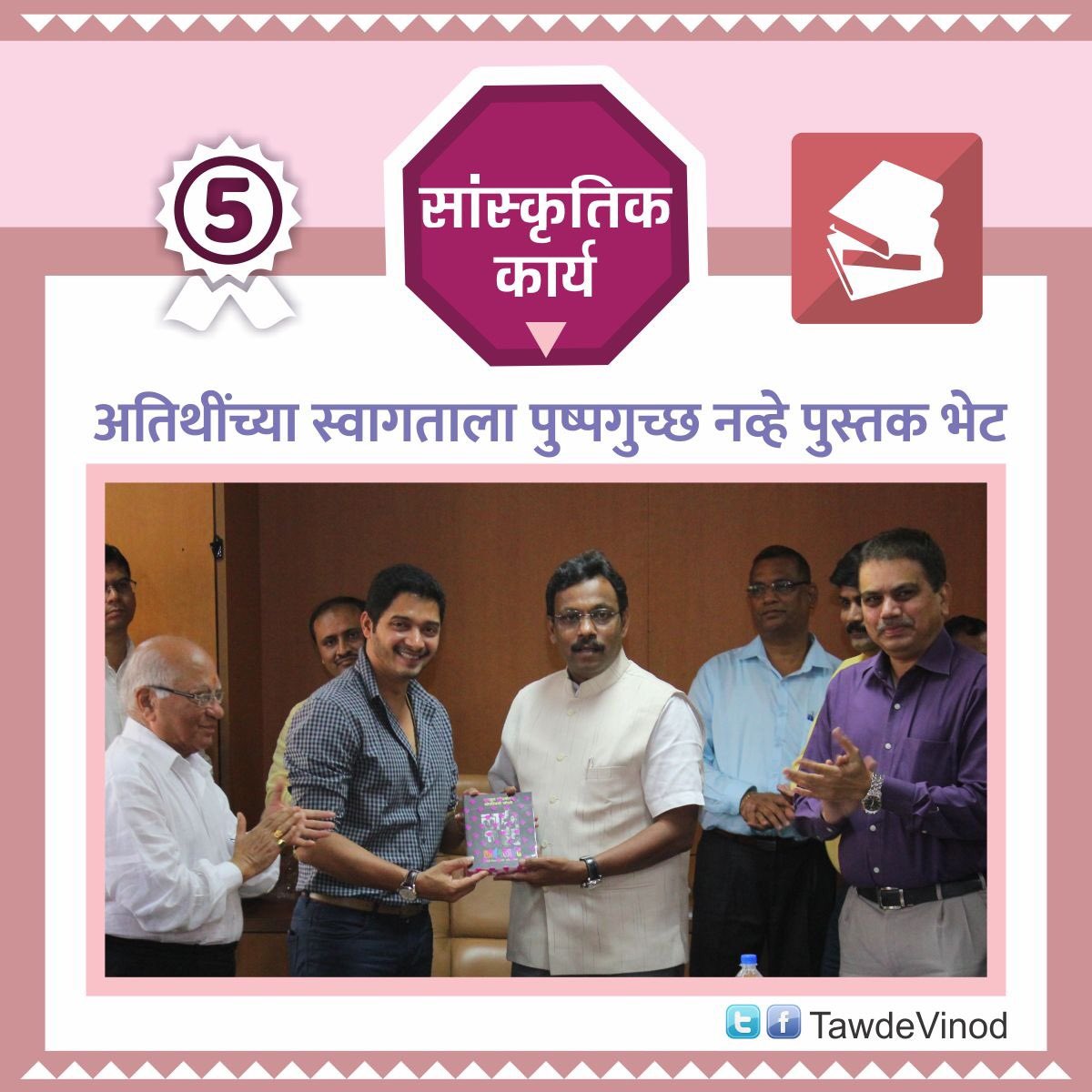NEW DELHI, JULY 24: India Innovation Challenge Design Contest (IICDC), a national design contest for engineering students should be accessible to students even in remote corners of the country. To ensure that Texas Instruments India (TI India), All India Council for Technical Education (AICTE), the statutory body and a national-level council for technical education in India, Department of Science and Technology (DST) and Indian Institute of Management Bangalore (IIMB) have come together. The motive is to help strengthen the innovation ecosystem, enhance skills and drive a start-up culture amongst engineering students.
The announcement was made at the finals of IICDC 2018, coinciding with the announcement of this year’s top 10 winning teams.
Congratulating the IICDC 2018 winners, Sanjay Srivastava, Director, TI India University Program said, “IICDC’s vision is to give students an opportunity to be innovators and entrepreneurs. Several ideas focus on agriculture – a segment widely deprived of technology advances. Interestingly, more than 90% of participation comes from Tier II and Tier III towns. That’s the kind of grassroots innovation we want to drive through IICDC.”
The 10 finalists will get an opportunity to take their start-up idea from the lab to the market, supported by a fund from DST of INR 4.94 Crore, incubation at NSRCEL, the innovation and entrepreneurship hub at IIM Bangalore, and technical mentorship from TI engineers along with access to TI tools and technology. To-date, IICDC has incubated 20 start-ups.
SRM Institute of Science and Technology from Tamil Nadu won the Chairman Award for Technical Innovation on ‘Inkless Printing Technology’. A. P. Shah Institute of Technology from Maharashtra was the first runners up for their innovation ‘Solar Energy Harvesting for Wireless Sensor Node’ and Sri Manakula Vinayagar Engineering College from Puducherry was adjudged second runners up awardon their innovation ‘Mustard Seed Processor Machine’.
Elaborating on the partnership with IICDC, Prof. Sahasrabudhe, Chairman, AICTE, said, “Our message to the student community is simple - no matter which college you study in or which pin code you reside in, if you have a powerful idea and a drive to make a difference, IICDC will give you an opportunity to achieve your goal.”
The last three editions of IICDC saw students file over 150 patents, and the numbers are increasing every year. Dr. Anita Gupta, Associate Head, DST, said, “We continue to partner with IICDC because it is a unique, powerful platform to drive student-led, tech-focused innovation. Our seed funding to the winning teams aims to bring the best of these ideas to life.”
Professor Venkatesh Panchapagesan, Chair, NSRCEL at IIMB, “At NSRCEL, IIMB’s innovation and entrepreneurial centre, we have successfully incubated around 50 students to help shape their entrepreneurial ideas into start-ups”.
By forging partnerships with multiple stakeholders with far-reaching influence in technical education, expertise in business and management, industry knowhow, IICDC aims to foster an innovation and entrepreneurial culture amongst engineering students in India and to empower them to launch successful companies with a clear purpose to make the world a better place.


